There are at least 11 different languages spoken by parts of its population making South Africa a polyglot nation of many languages. The main languages by population are Zulu, Xhosa, and Afrikaans. English is widely understood and is the language of the media and government.
South Africa is a linguistic melting pot, with many individuals often speaking many different languages.
For some parts of the world, this linguistic diversity can be difficult to imagine in a single nation.
South Africa, though, is a fascinating case study of a nation of so many languages.
Let’s look at the country’s languages in more detail.
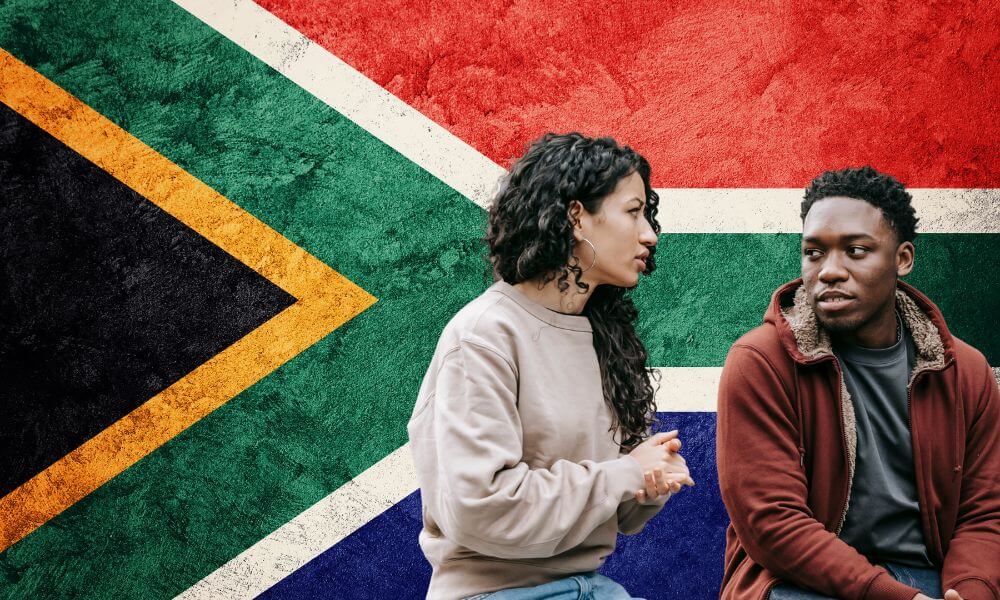
[adinserter block=”7″]
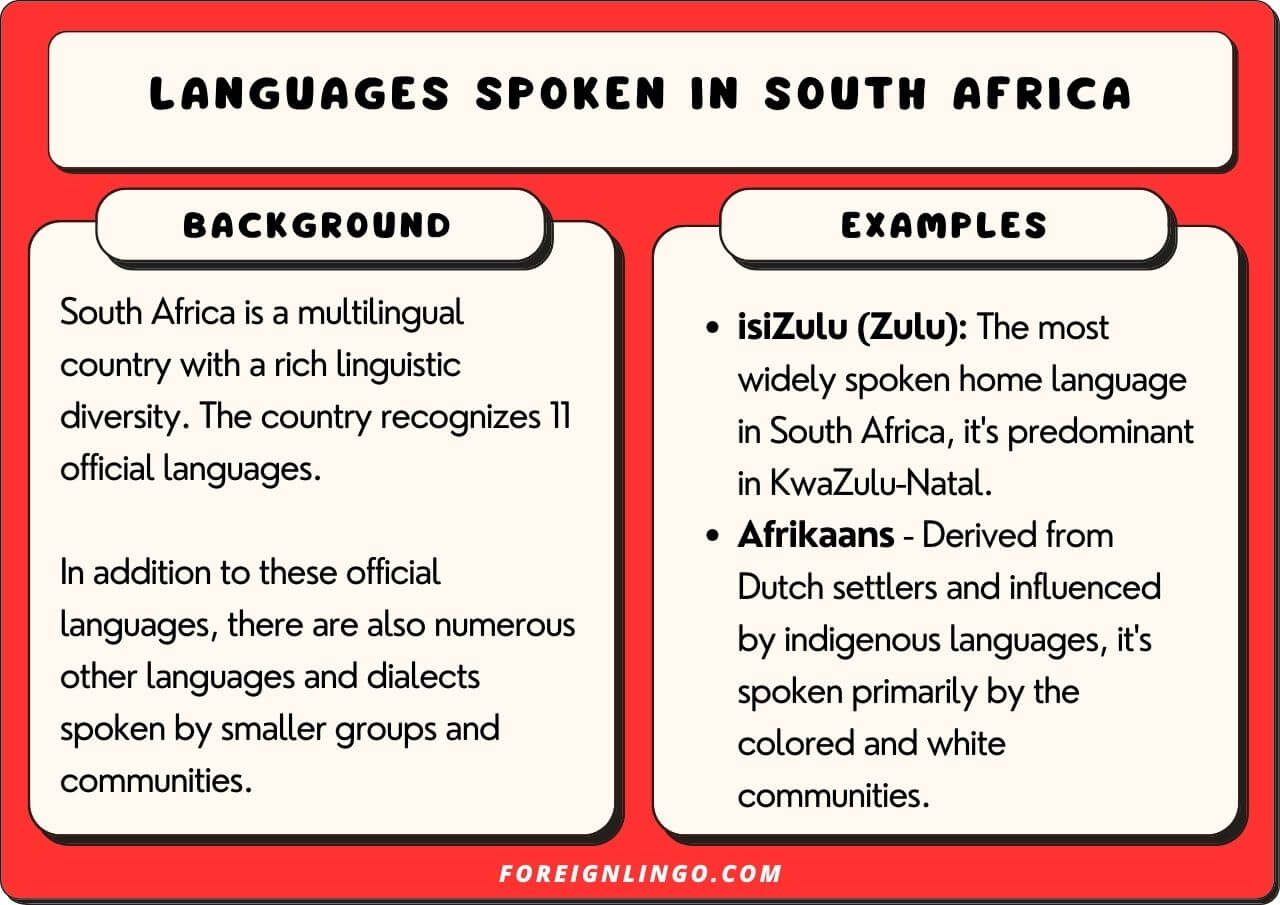
What are the three main languages spoken in South Africa?
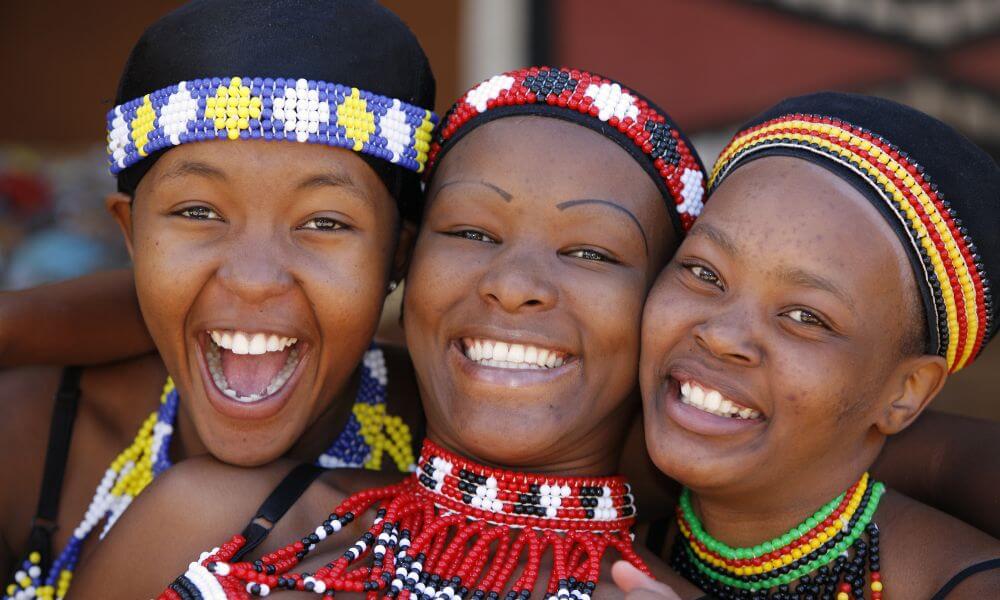
The three most common languages in South Africa, in terms of the number of speakers present, are Zulu at 23% of the population, Xhosa at 16% of the population, and Afrikaans at 14%.
These are the figures for how many people in the country speak these languages as their first language. Zulu, then, is by some way the most common first language in South Africa.
Zulu is a Bantu language of the Zulu people, of which there are around 12 million individuals—primarily residing in South Africa.
Xhosa is a Nguni language, and there are around 10 million people who speak it as a first language and more than that who speak it as a second.
It’s mostly spoken in the Eastern, Western, and Northern Cape, as well as Gauteng.
It is one of South Africa’s official languages.
Afrikaans is a rather different story, although it tends to be the one that people more heavily associate with South Africa.
It derived from Dutch, evolving in the Dutch Cape Colony during the colonial era, and was used by Dutch, French, and German settlers in the region—as well as those enslaved by these settlers.
It’s spoken in South Africa, Namibia, and other neighboring countries.
Around 13-14% of the South African population speak Afrikaans as a first language, and a great many more speak it as a second.
It’s estimated that, in total, both in and out of South Africa, anywhere from 15 to 23 million people speak or know Afrikaans.
It is not spoken by as many people as Zulu or Xhosa, but it is spread over a much wider area and much more diverse demographics.
It is not, though, the most common second language, as Zulu and English are understood by a much wider proportion of the population.
Which language is most broadly spoken in South Africa, then?
What language is mostly spoken in South Africa?
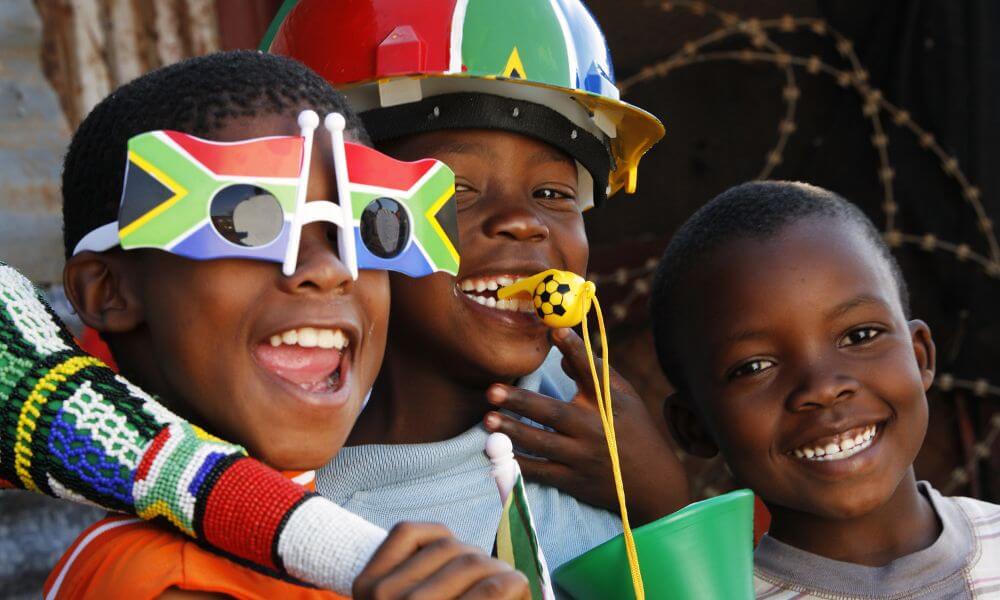
There are a few different ways we can look at this question.
The simple answer is that Zulu is spoken by the largest number of people by some way, making this the main and most spoken language in South Africa.
This is certainly true to an extent, but again it’s important to remember that in a nation with as many languages as South Africa, the vast majority of people are able to speak or understand at least two.
With that in mind, then, you could say that English is the most widely spoken language in South Africa, though it only the fourth most common first language.
A huge number of people speak it as a second language, and as mentioned it is the official language of the government and media.
If you go to trial or something of that nature in South Africa, the likelihood is it will be held in English.
It depends on how you look at it, then, but you could make an argument for English, Afrikaans, or Zulu.
What other languages are spoken in South Africa?
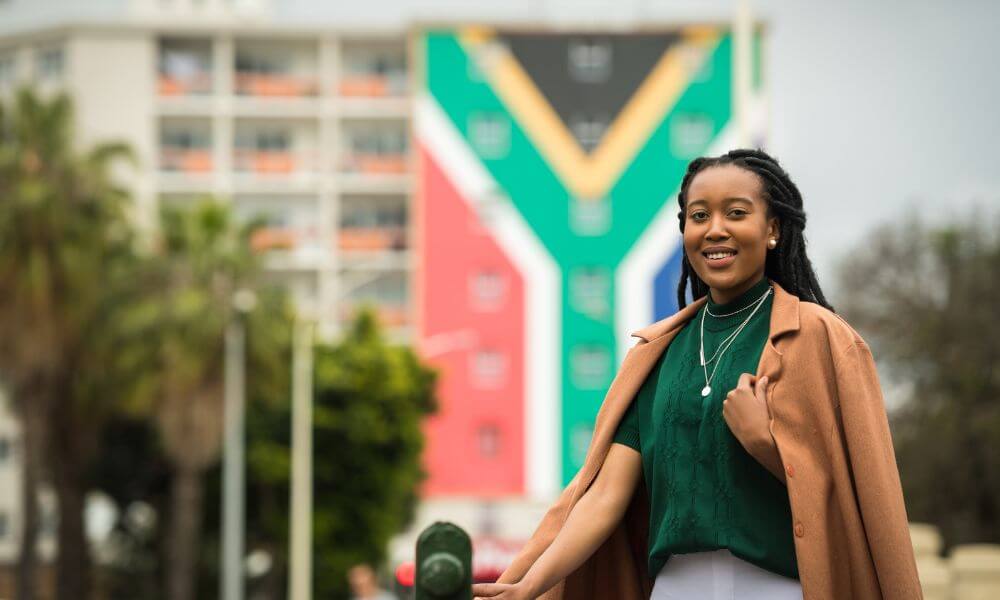
As mentioned, South Africa has eleven official languages.
The main ones we have discussed are English, Zulu, Xhosa and Afrikaans.
But there are a great many more official languages and even more still “unofficial” languages.
It’s estimated around 35 different languages are spoken in the country.
The official languages are Ndebele, Pedi, Sotho, Swati, Tsonga, Tswana, Venda, then the Xhosa, Zulu, Afrikaans and English.
Marginalized and unrecognized languages include Khoekhoegowab, !Orakobab, Xirikobab, Njuuki and others.
Africa is an incredibly ethnically diverse place.
This means there are also a great many different languages spoken in any once place on the continent. South Africa might be one of the clearest examples of this.
Is Afrikaans the same as Dutch?
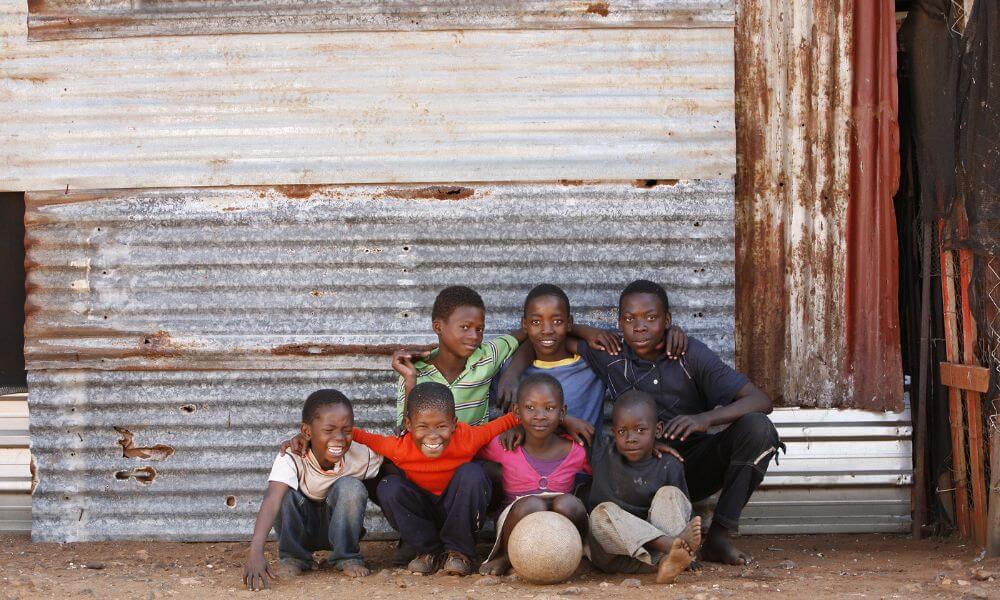
Afrikaans is not the same as Dutch although they are very similar and even mutually intelligible to some degree.
It is very different in its system of sounds, and Afrikaans lacks the case and gender distinctions you find in Dutch.
Afrikaans, as mentioned, developed out of Dutch—specially the Holland proper or Holland dialect of Dutch.
Naturally the language was originally used by Dutch settlers in the area, and also by enslaved people both local and having been brought from elsewhere.
In the same way any language evolves, then, Afrikaans became a mixture of Dutch and local words and dialect, though as much as 95% of its vocabulary is Dutch in origin.
South Africa is not short on languages spoken by its population, then.
From the native African languages to the English of the state and media, knowing what language to learn for a trip to South Africa can be more than a little confusing.
But there are a handful of main languages that the vast majority of people will understand to some extent, even if they don’t speak it themselves.
[adinserter block=”7″]
More in Regional Languages
- What Languages Are Spoken In Afghanistan?
- What Languages Are Spoken In Africa?
- What Languages Are Spoken In Albania?
- What Languages Are Spoken In America?
- What Languages Are Spoken In Antwerp?
- What Languages Are Spoken In Argentina?
- What Languages Are Spoken In Australia?
- What Languages Are Spoken In Austria?
- What Languages Are Spoken In Bangladesh?
- What Languages Are Spoken In Barcelona?
- What Languages Are Spoken In Belgium?
- What Languages Are Spoken In Bolivia?
- What Languages Are Spoken In Bosnia?
- What Languages Are Spoken In Brazil?
- What Languages Are Spoken In Budapest?
- What Languages Are Spoken In China?
- What Languages Are Spoken In Colombia?
- What Languages Are Spoken In Croatia?
- What Languages Are Spoken In Cuba?
- What Languages Are Spoken In Cyprus?
- What Languages Are Spoken In Denmark?
- What Languages Are Spoken In Djibouti?
- What Languages Are Spoken In Ecuador?
- What Languages Are Spoken In Egypt?
- What Languages Are Spoken In El Salvador?
- What Languages Are Spoken In England?
- What Languages Are Spoken In Eritrea?
- What Languages Are Spoken In Estonia?
- What Languages Are Spoken In Ethiopia?
- What Languages Are Spoken In Fiji?
- What Languages Are Spoken In Finland?
- What Languages Are Spoken In Germany?
- What Languages Are Spoken In Japan?
- What Languages Are Spoken In Morocco?
- What Languages Are Spoken In South Africa?

